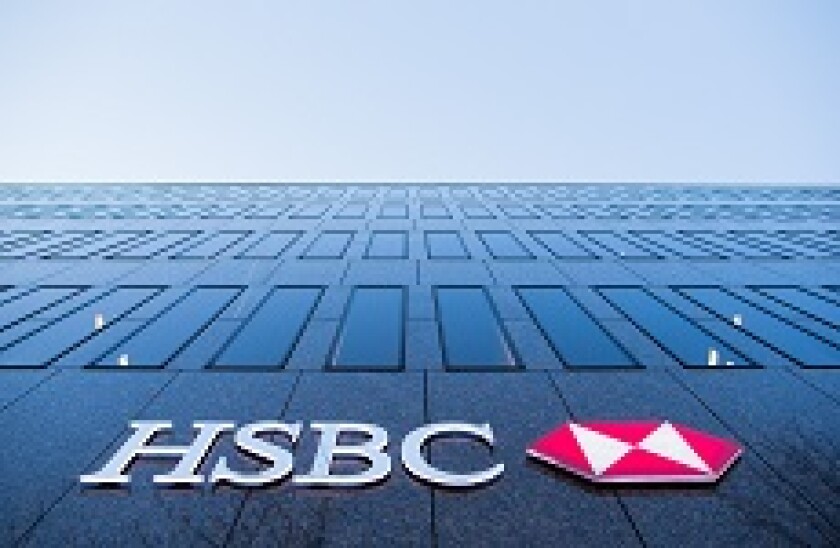HSBC eyes Connect flows for onshore bond

HSBC’s China subsidiary is returning to the domestic bond market with a three year note today. Quietly confident that offshore investors will participate through Bond Connect, the bank took a relaxed approach when marketing the deal, sources familiar with the transaction told GlobalRMB.
Unlock this article.
The content you are trying to view is exclusive to our subscribers.
To unlock this article:
- ✔ 4,000 annual insights
- ✔ 700+ notes and long-form analyses
- ✔ 4 capital markets databases
- ✔ Daily newsletters across markets and asset classes
- ✔ 2 weekly podcasts
